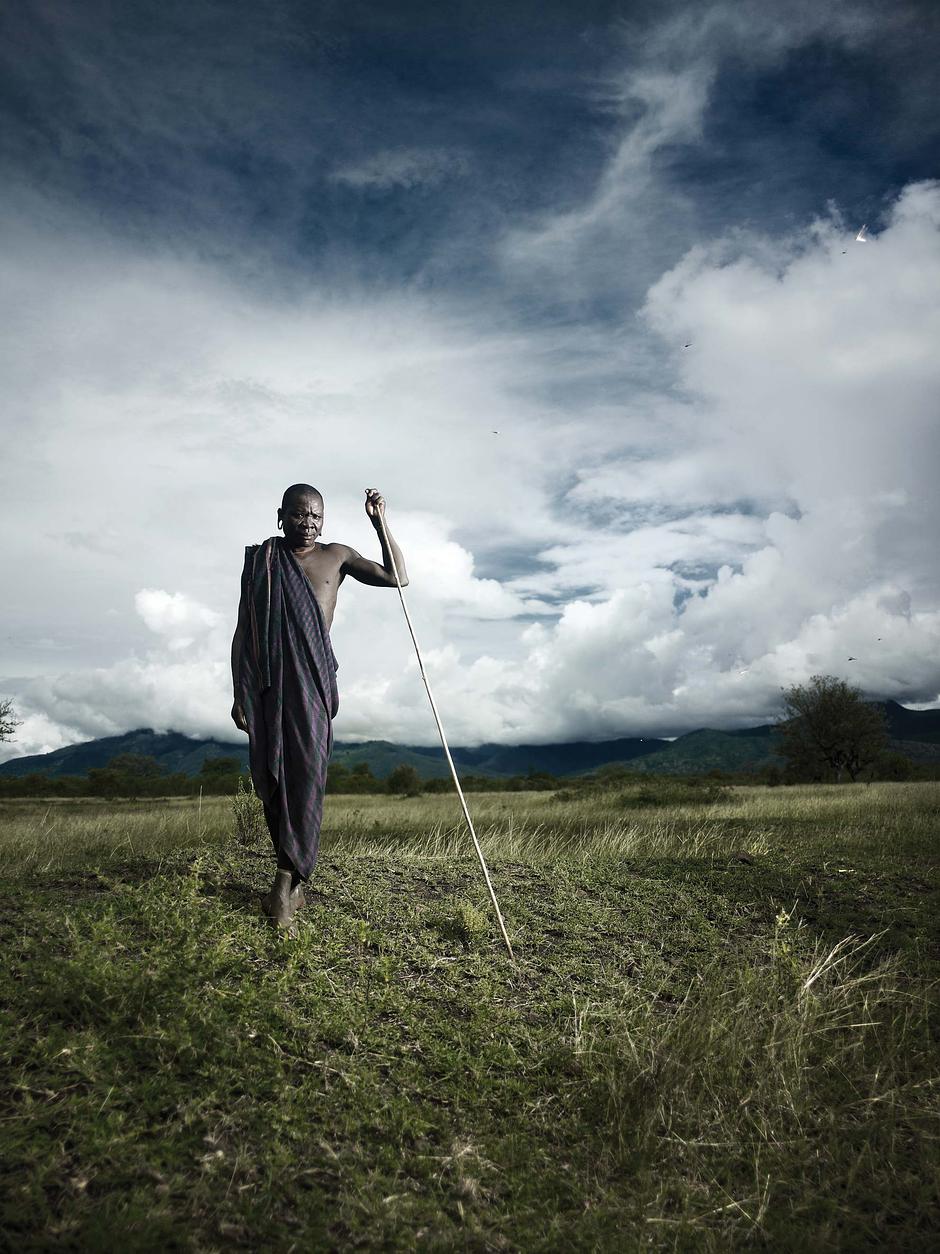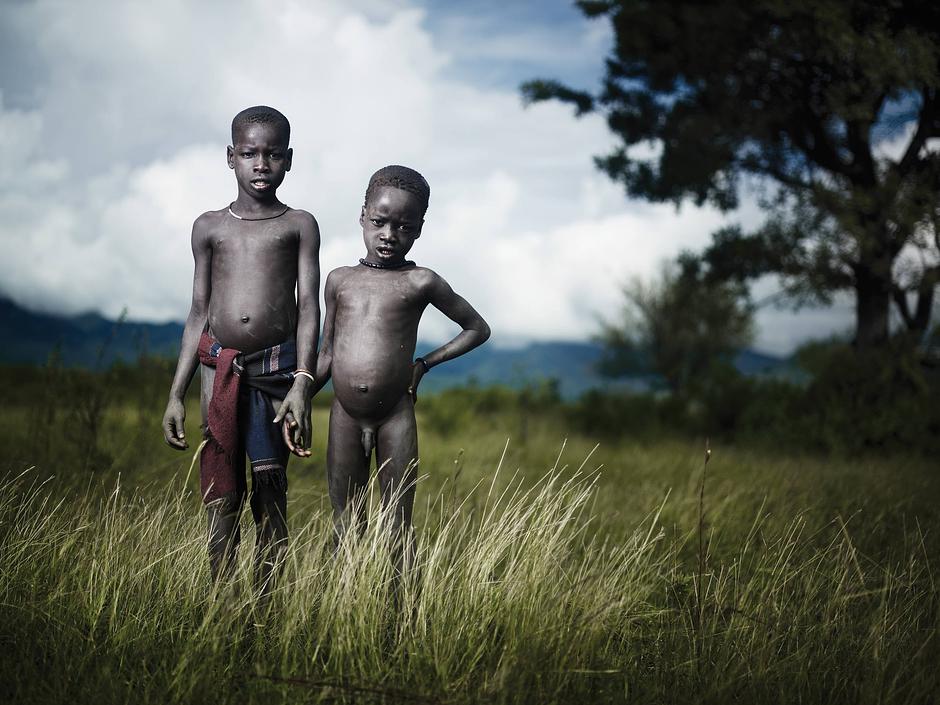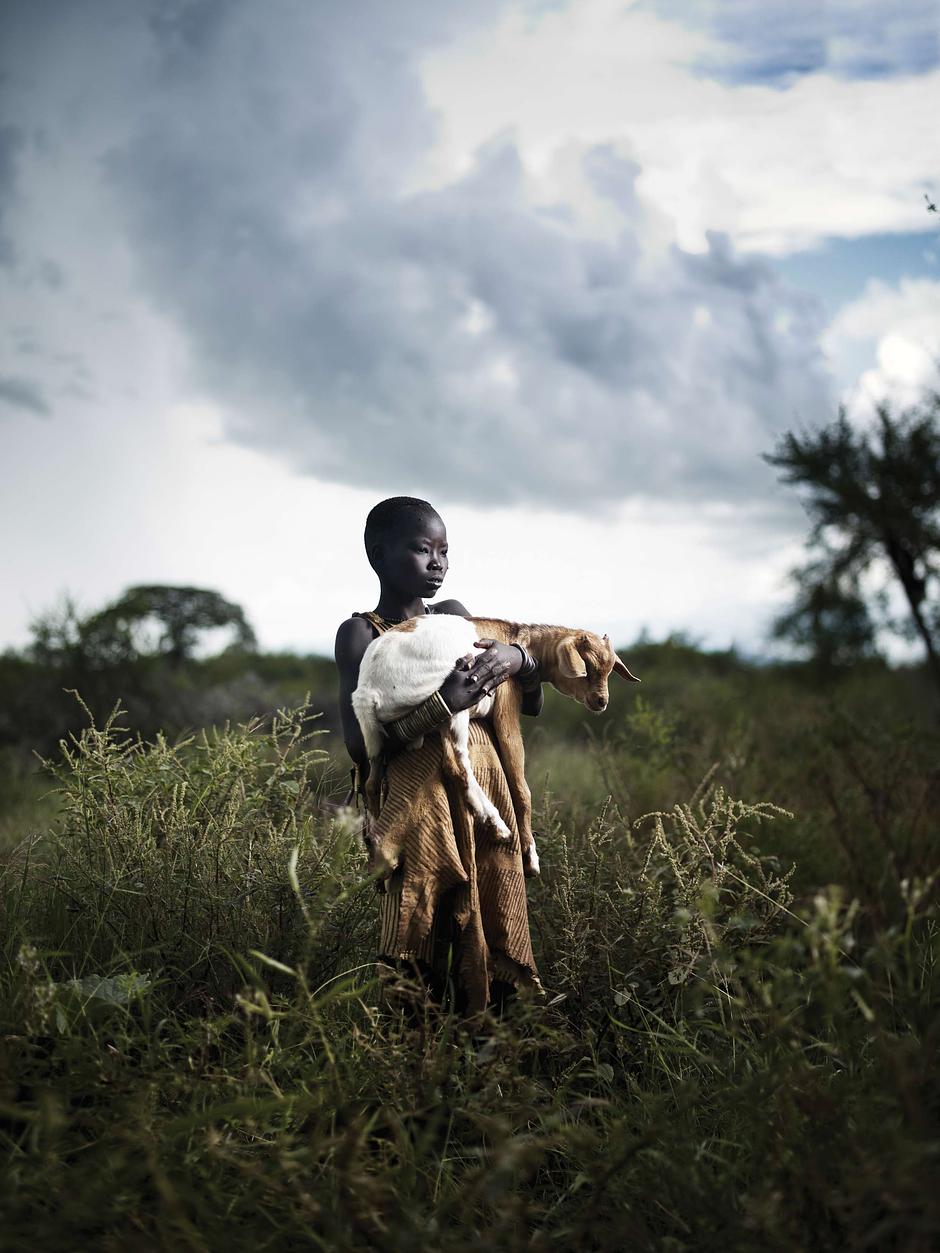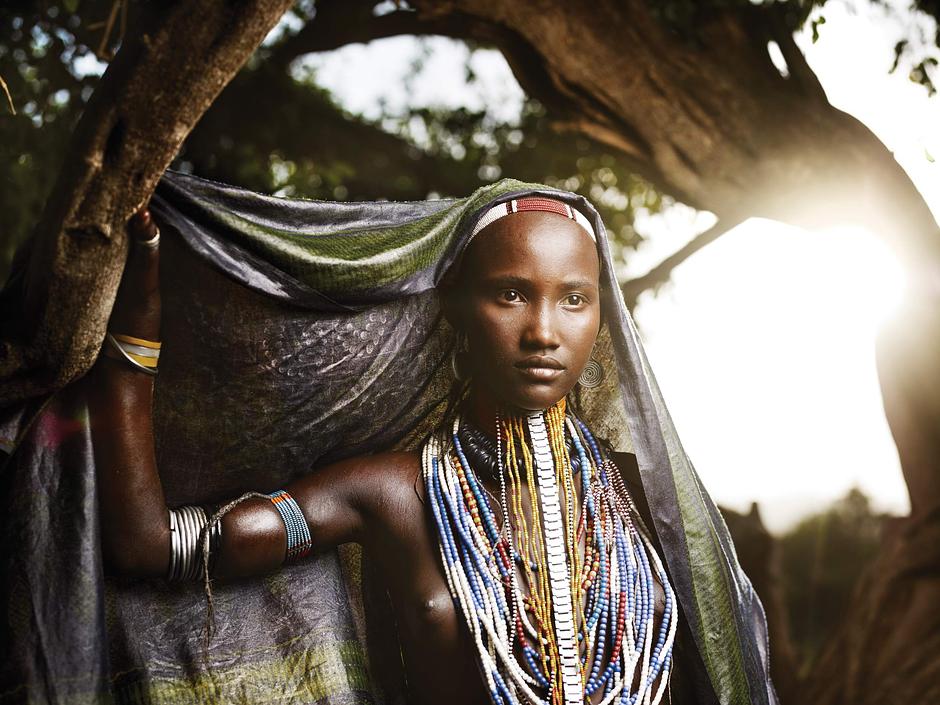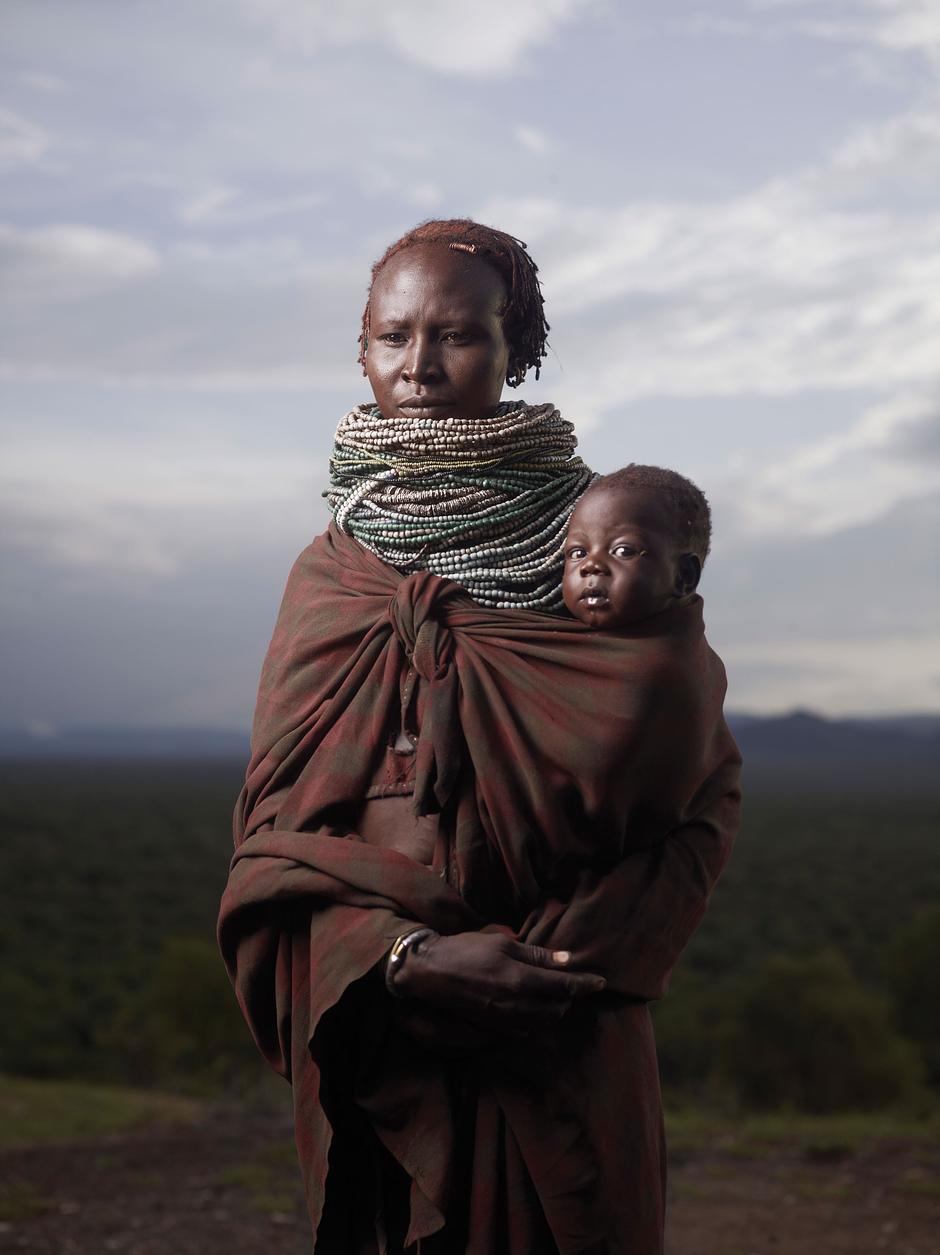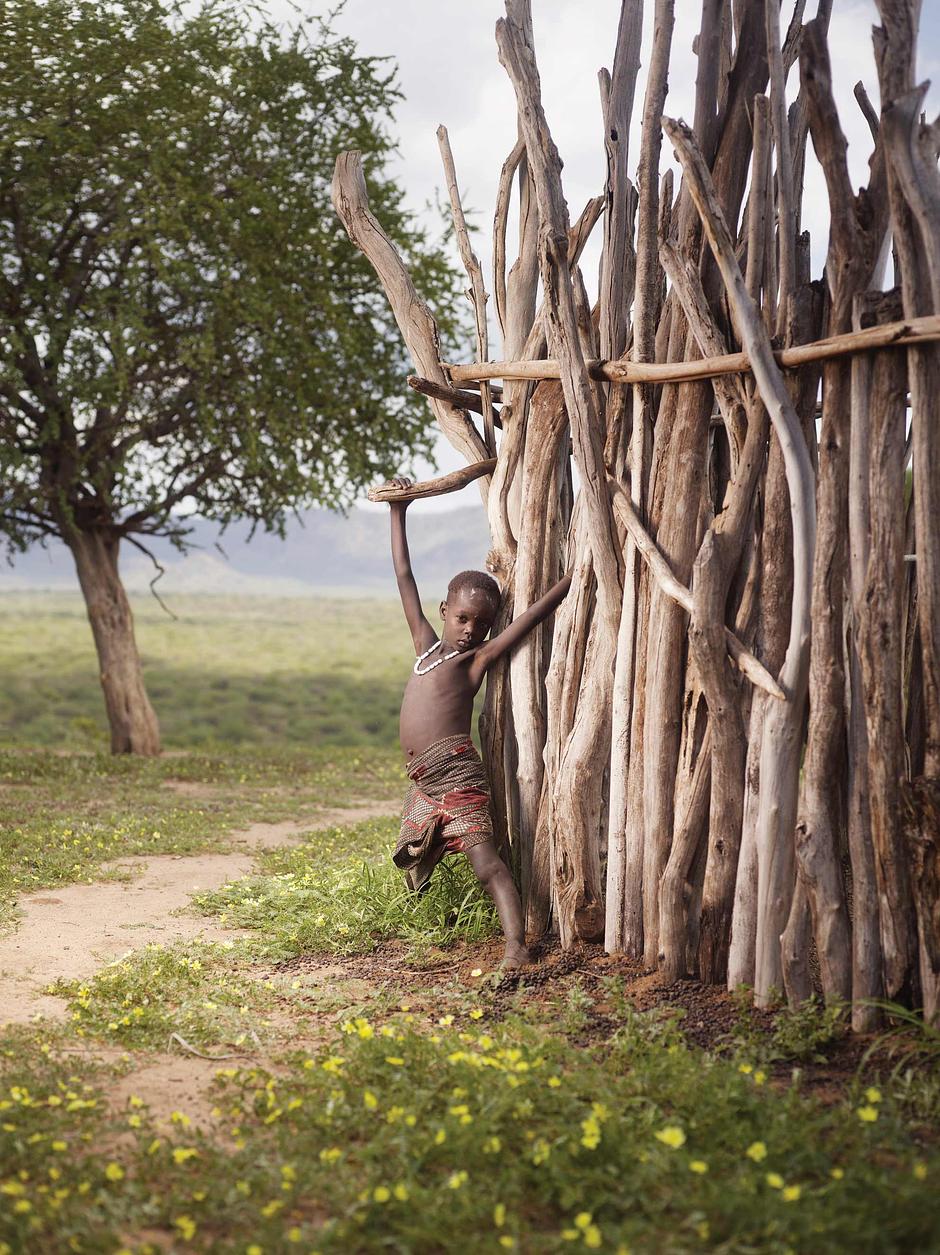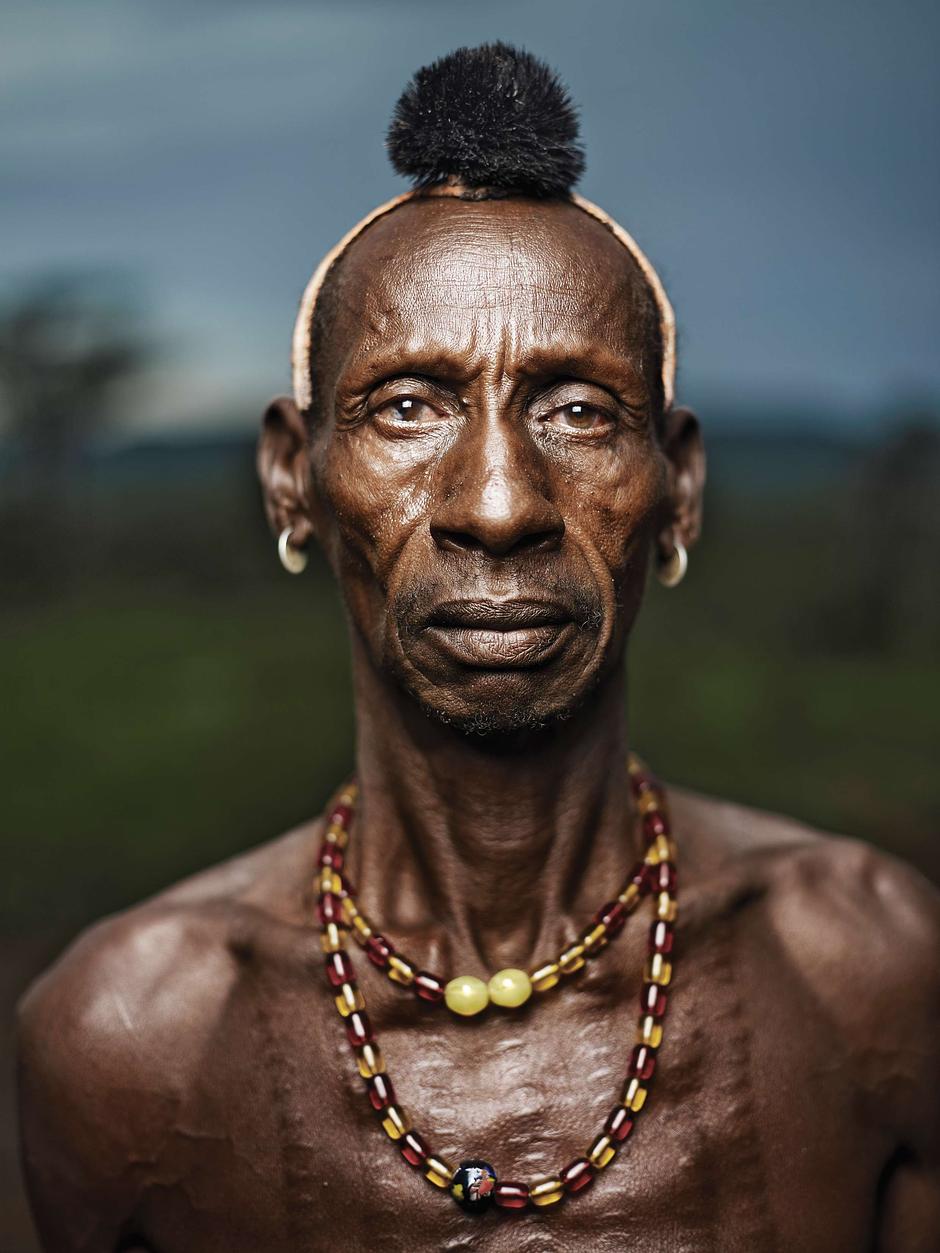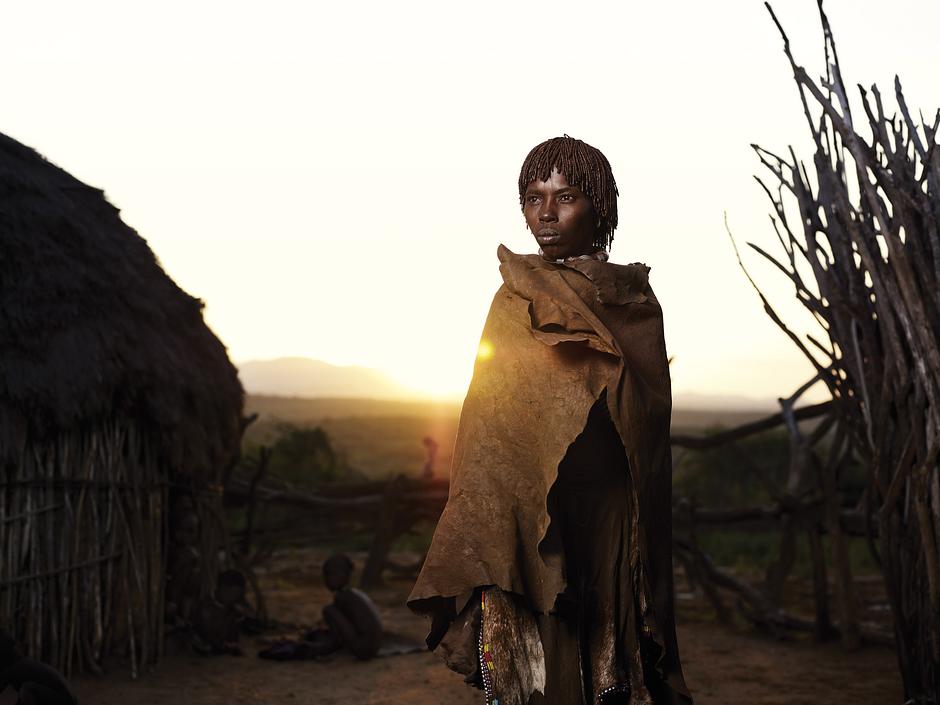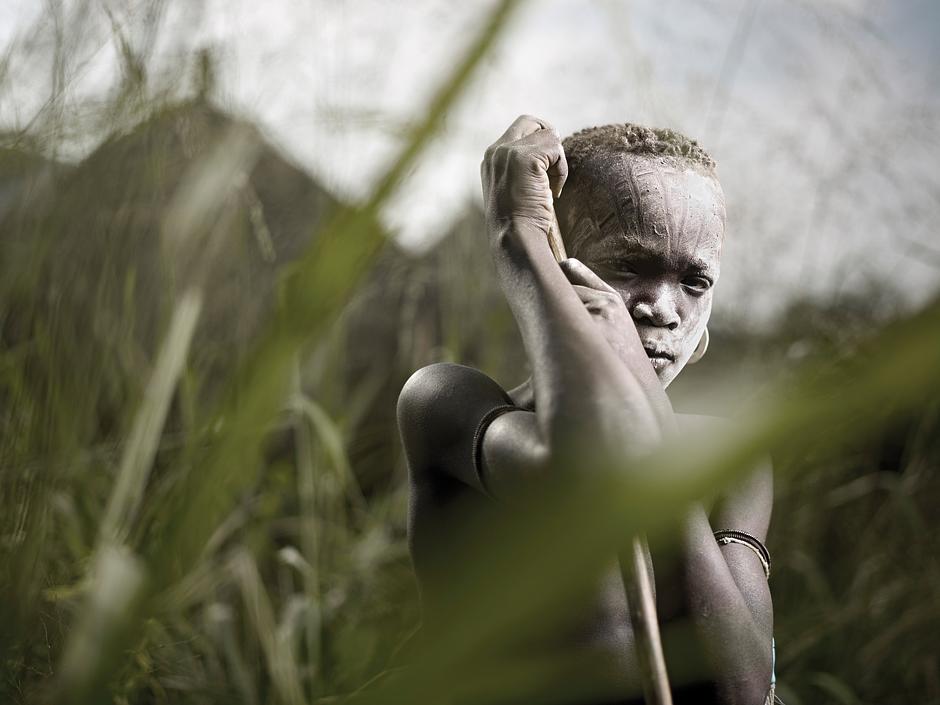Tribes of the Omo Valley
Pictures from Ethiopia’s Omo Valley by award-winning photographer Joey L. A massive hydro-electric dam, Gibe III, is under construction on the Omo. When completed it will destroy a fragile environment and the livelihoods of the tribes, which are closely linked to the river and its annual flood.
The Bodi believe in a sky God they call Tuma, who brings the rains and is the life force of all living creatures.
This picture is available as a greetings card, with all profits going to Survival’s campaigns.
© Joey L / joeyl.com
Oral traditions are shared with children from a young age. The tribe’s creation story tells of their ancestors crawling from a hole in the ground near the Omo River.
This picture is available as a greetings card, with all profits going to Survival’s campaigns.
© Joey L / joeyl.com
“Our goats are very valuable to us and a respected member of the tribe. They give us both food and clothing.”
This picture is available as a greetings card, with all profits going to Survival’s campaigns.
© J
Arbore women are well known for their long headdresses. The girls shave their heads to indicate virginity, and only start growing hair after marriage.
This picture is available as a greetings card, with all profits going to Survival’s campaigns.
© Joey L / joeyl.com
The Karo are considered one of the Omo Valley’s most endangered tribes with an estimated population of only 1,500 remaining.
This picture is available as a greetings card, with all profits going to Survival’s campaigns.
© Joey L / joeyl.com
The Karo live on the Eastern side of the Omo River. The Nyangatom live on the other side, a tribe that has raided Karo land many times in the past.
This picture is available as a greetings card, with all profits going to Survival’s campaigns.
© Joey L / joeyl.com
Bona is the highly respected leader of his village, Labaltoy. In Hamer culture, the name Bona is given to an aggressive dog or animal. It is not a common name for a human. When he was young, Bona showed strong signs of aggression and strength, causing his mother to choose this name.
This picture is available as a greetings card, with all profits going to Survival’s campaigns.
© Joey L / joeyl.com
The Hamer make their clothing out of goat skin, stretched and dried in the sun. In recent times, beaded decorations are also woven into the fabric.
This picture is available as a greetings card, with all profits going to Survival’s campaigns.
© Joey L / joeyl.com
‘I will not lose my culture. I will never leave my culture. Even if I am given clothes, I will still be a Mursi.’
This picture is available as a greetings card, with all profits going to Survival’s campaigns.
© Joey L / joeyl.com
Other galleries
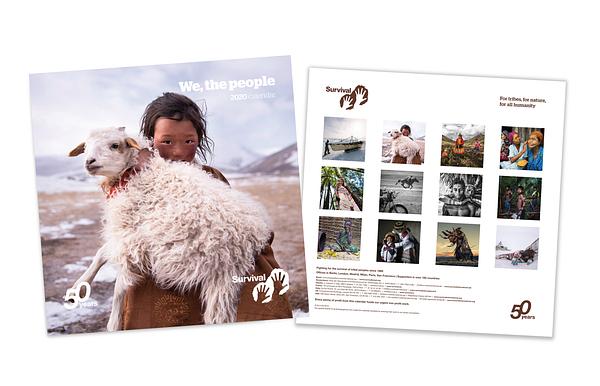
“We, the People” 2020 Calendar
Discover a new tribal portrait each month with the Survival International “We...
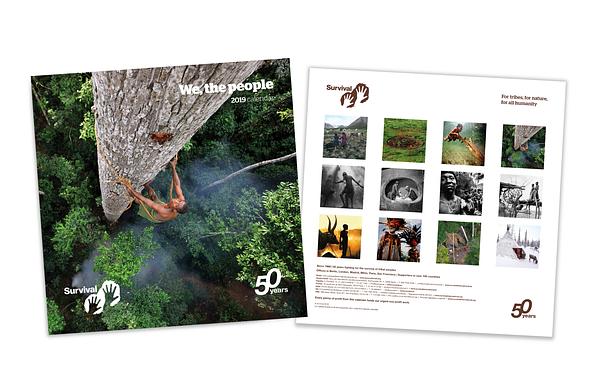
“We, the People” 2019 - The 50th anniversary Calendar
Our “We, The People” 50th Anniversary Calendar features stunning portraits of...
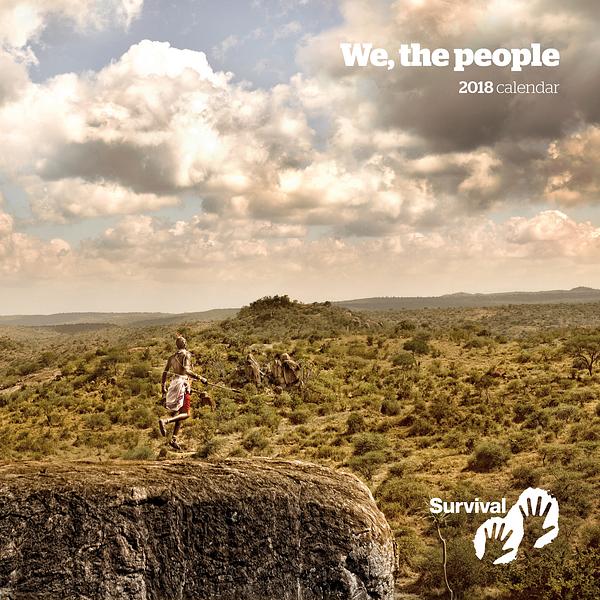
"We, the People" 2018 Calendar
Discover a new tribal portrait each month with the Survival International "We...
